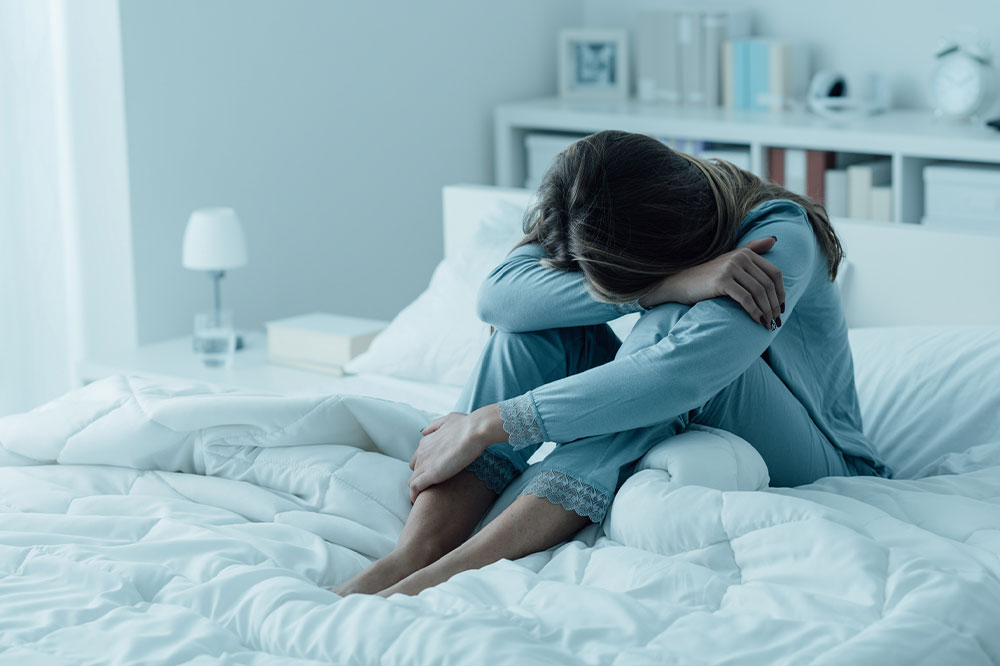6 ways sleep deprivation takes a toll on one’s health

We live in a world that is always on and appreciates the people who run 24X7. This serves as great motivation to put sleep on the back burner. But sleep deprivation is not a heroic feat to boast about. According to the CDC, sufficient rest for adults is seven hours of sleep each night. Lack of sleep can make a person feel exhausted, yawn frequently, and even fall asleep at one’s desk while working.
Damaged skin
One’s face can usually reveal whether one’s had a rough night. A study on people with sleep deprivation showed signs like downturned corners of the mouth, dark undereye circles, and puffy red eyes. And this is not just applicable to people with chronic sleep deprivation. A good night’s sleep is a pillar of a healthy and effective skincare routine. Clinical treatments and expensive products can only partially help with one’s appearance if one is sleep deprived.
Mood changes
Poor sleep could affect an individual’s mental, physical, and emotional health. Statistics suggest that people with anxiety and depression are more likely to experience insomnia. Short-term sleep loss could also impact mood, relationships, and stress levels. People dealing with sleep deprivation can experience increased sensitivity to life and work pressures, making them anxious. Similarly, anxiety can make it harder to fall asleep during the night, throwing people into a vicious cycle of sleep and anxiousness.
Lowered productivity
Chronic sleep deprivation can be the reason for poor focus, low productivity, and diminished ability to reason. It can even affect a person’s ability to put words to things or string together sentences. This could have a monumental effect on one’s work. For some, sleep deprivation can stem from their habit of staying up late to finish work or swiping their social media screens. However, others might be battling insomnia or other conditions that make falling asleep difficult.
Insatiable appetite
Poor sleep could be affecting one’s appetite and food choices. Studies have found that people who sleep less are more likely than the average person to accumulate excess body mass. It has also been proven that there are lower amounts of leptin in people with sleep deprivation – an appetite-suppressing hormone. Similarly, there are higher levels of ghrelin, a hunger-stimulating hormone. When tired, it is almost instinctive to reach out for a favorite snack or give in to cravings that would otherwise be easy to overlook. Research also indicates a connection between sleep deprivation and type 2 diabetes.
Days are a task
Sometimes, when an individual is sleep deprived, they may find it difficult to stay awake. A sleep-deprived person can fall asleep unexpectedly in random places. This is called microsleep. It is just the body’s way of taking some time off when the sun is still up. For sleep-deprived people, microsleeps can occur at any time of the day after prolonged periods of wakefulness.
Compromised immunity
Sleep is when the body does most of its healing, restoring, and repairing work. When one is sleep-deprived, one asks the body to compromise on the quality or quantity of its work. Studies have indicated that poor immunity leaves an individual more prone to diseases and infections. Research has also proved that people with less sleep fall ill more often than people who clock in the right hours of rest. It could start as something as small as a frequent cold. But continued sleep deprivation could further compromise one’s immunity.



